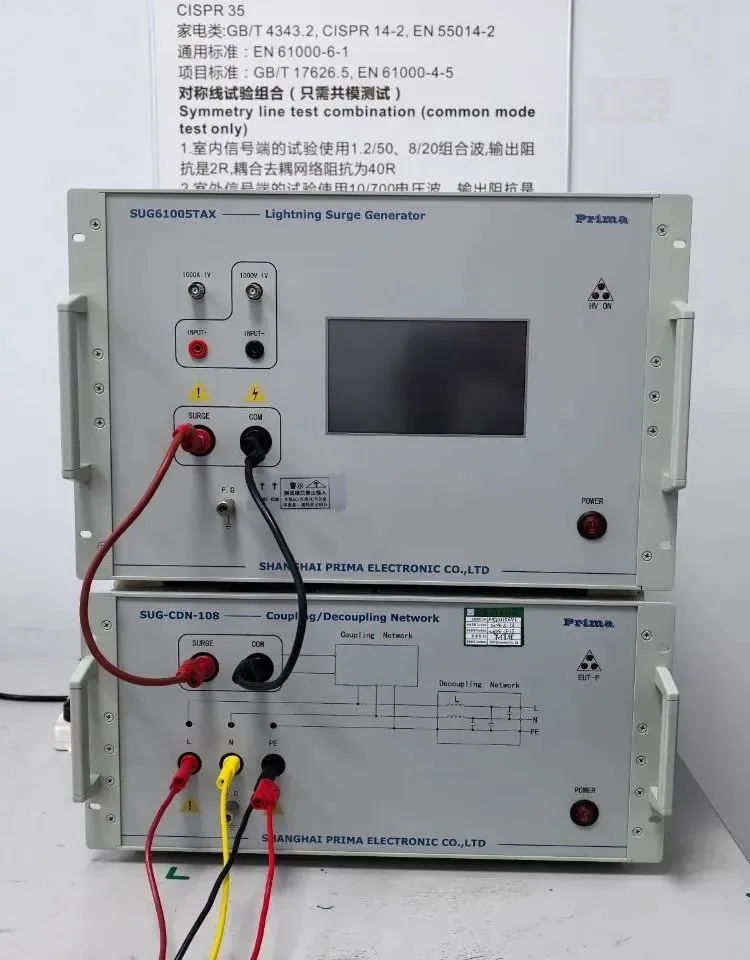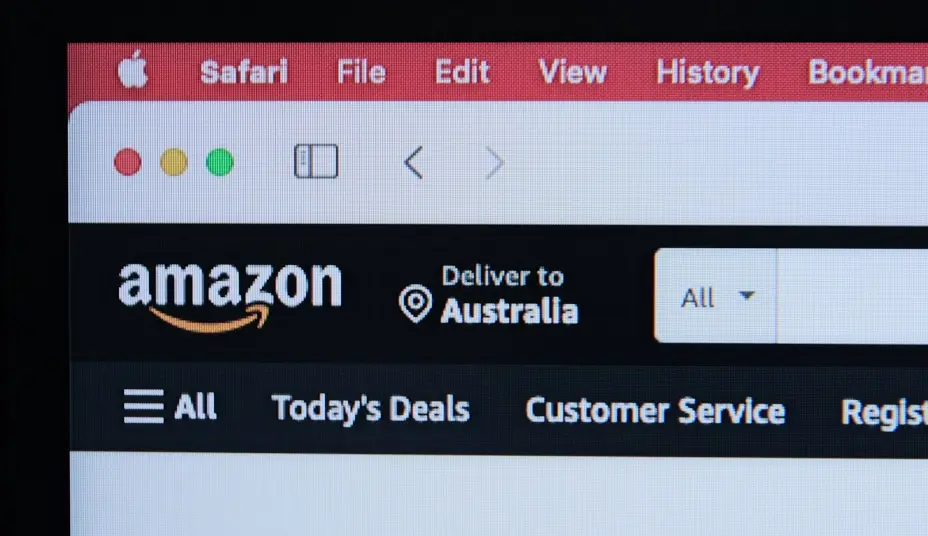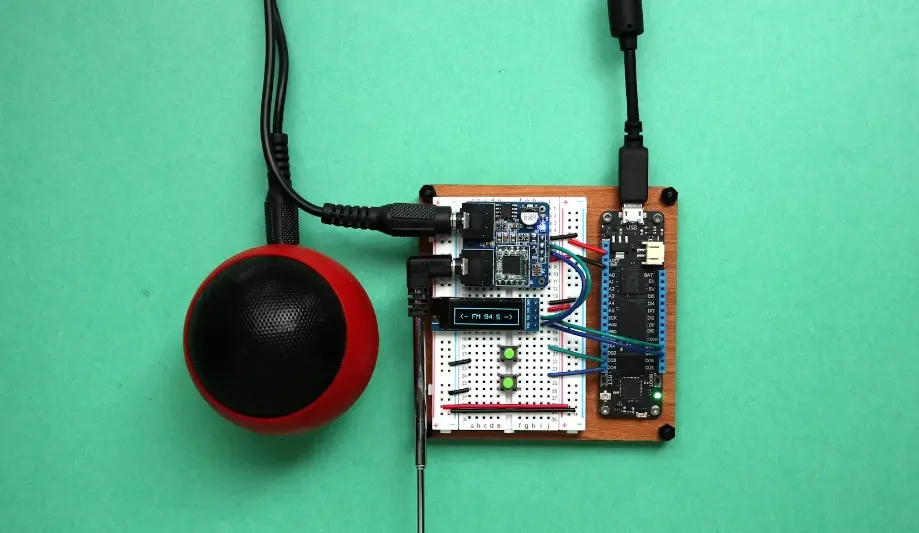
What Certifications are Needed for Exporting to the USA?
To export to the USA, the following certifications are typically requiRED: FCC, UL, ETL, cTUVus, MET, cpsia, California Proposition 65, Energy Star, DOE, CEC, DOT, and an FDA test report. There are about 12 certifications in total.
1. FCC Certification: FCC certification is mandatory and is regulated by the Federal Communications Commission. It tests for electromagnetic compatibility (EMC) and radio frequency (RF) aspects. Any electrical product entering the US market must undergo FCC certification as it is a mandatory requirement.
2. UL certification: UL certification is a well-recognized voluntary certification by the Underwriters Laboratories in the US. It focuses on the safety of products and materials and covers a wide range of items from large machinery to small components. UL certification is highly regarded in the US market but can be costly, with significant expenses for testing, factory inspections, and documentation.
3. etl certification: ETL SEMKO is part of Intertek and provides ETL certification, indicating that the product has been tested to meet relevant industry standards. Although ETL is less known than UL in North America, it is more affordable and quicker to obtain. ETL certification covers audio-visual equipment, lighting, household appliances, IT products, power tools, medical devices, and testing instruments.
4. cTUVus Certification: cTUVus certification is provided by TUV Rheinland for the North American market. It is less recognized than UL but is more cost-effective and faster to obtain. It covers audio-visual equipment, lighting, household appliances, IT products, power tools, medical devices, and testing instruments.
5. MET Certification: MET certification, conducted by Maryland Electrical Testing, is recognized in the US and Canada. It applies to audio-visual products, industrial control products, lighting fixtures, small household appliances, communication products, medical devices, power tools, and testing equipment.
6. cpsia certification: CPSIA certification is required for toys and children's products under the Consumer Product Safety Improvement Act, signed by President Bush. It ensures that products are free from lead, phthalates, and other harmful substances. Amazon in the US requires CPSIA certification for toys listed on its platform.
7. California Proposition 65: Also known as the Safe Drinking Water and Toxic Enforcement Act, it is a regulation specific to California that controls harmful substances like lead and cadmium in products such as glassware, ceraMICs, children's products, and external decorations.
8. Energy Star Certification: Energy Star is a voluntary certification promoted by the US Department of Energy and the Environmental Protection Agency. It aims to save energy. Testing includes safety, EMI, surge, noise, and light performance. It is often required for LED lighting products.
9. DOE Certification: The Department of Energy's certification is mandatory for products listed in their regulations, such as chargers, power adapters, televisions, refrigerators, and air conditioners.
10. CEC Certification: The California Energy Commission sets energy efficiency standards that products sold in California must meet. This certification is intended to save energy, improve efficiency, and reduce greenhouse gas emissions.
11. DOT Certification: The Department of Transportation's certification is mandatory for all motor vehicles and related products sold in the US.
12. FDA Test Report: The Food and Drug Administration is responsible for the safety of drugs, food, cosmetics, and medical devices in the US. The FDA oversees testing and registration, but it does not issue certifications.
These certifications ensure that products meet the safety, environmental, and performance standards required by US regulations.
Email:hello@jjrlab.com
Write your message here and send it to us
 How to get Canada Toy SOR/2011-17 Certification?
How to get Canada Toy SOR/2011-17 Certification?
 16 CFR Part 1630 & 1631 Carpet Flammability Te
16 CFR Part 1630 & 1631 Carpet Flammability Te
 Jewelry Compliance on Amazon (US & Canada)
Jewelry Compliance on Amazon (US & Canada)
 Australia MSDS / SDS Chemical Safety
Australia MSDS / SDS Chemical Safety
 ASTM F2236-24 Infant and Toddler Soft Carriers
ASTM F2236-24 Infant and Toddler Soft Carriers
 Amazon Australia Toy Certification: AS/NZS ISO 812
Amazon Australia Toy Certification: AS/NZS ISO 812
 EU CE-LVD/EMC/RED Requirements for Electronic Prod
EU CE-LVD/EMC/RED Requirements for Electronic Prod
 CE-EMC Standards Interpretation
CE-EMC Standards Interpretation
Leave us a message
24-hour online customer service at any time to respond, so that you worry!




